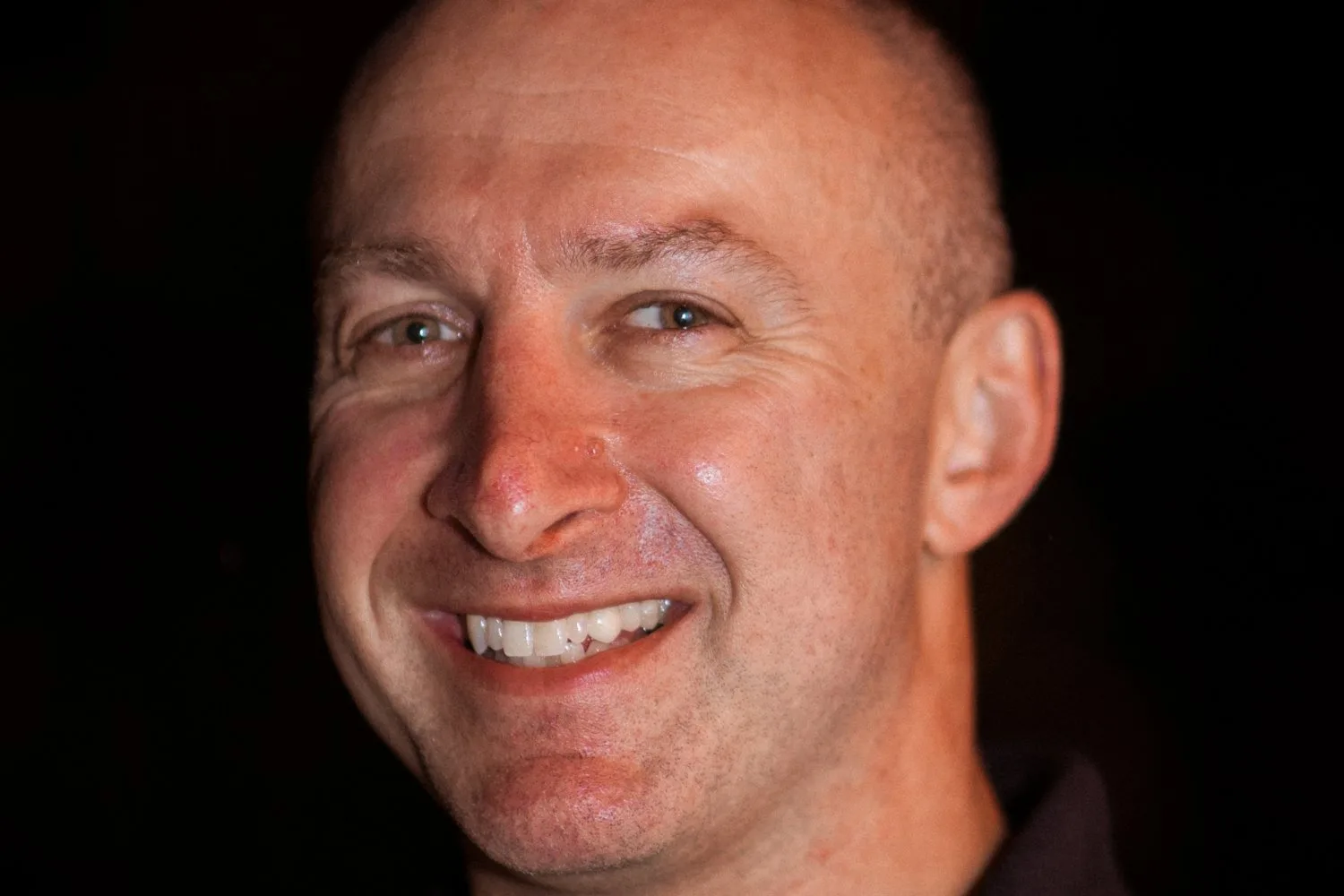Gene Keselman is a multifaceted leader at the MIT Sloan School of Management. His roles include lecturer, executive director of Mission Innovation Experimental (MIx), and managing director of MIT’s unique venture studio, Proto Ventures. Additionally, he serves as a Colonel in the Air Force Reserves, board director, and advisor to multiple startups, showcasing his diverse expertise. Now in his seventh year at MIT, Keselman’s innovative approach is destined to influence the Institute for years to come.
Arriving in the United States as a refugee from the Soviet Union, Keselman often expresses how grateful he is for the support his family received upon arrival. This sense of obligation to contribute back to his adopted country motivated him to join the U.S. Air Force following his college graduation. Initially, he intended to serve a brief period, save money for graduate school, and then transition out. However, as he immersed himself in military life, he found a profound sense of belonging.
Keselman spent his early military career as a nuclear operations officer, overseeing critical nuclear materials in Wyoming—an unglamorous yet vitally important role. He later shifted to the intelligence sector in Washington D.C., focusing on special programs within space operations. Rising to the rank of Colonel, Keselman contributed to numerous innovative projects at the Pentagon while simultaneously exploring entrepreneurial opportunities outside the military sphere. After a rewarding 12 years on active duty, he transitioned to the reserves and began his academic journey as an MBA student at the MIT Sloan School of Management.
During his time at MIT Sloan, Keselman connected with Fiona Murray, an associate dean focused on innovation and inclusion. Recognizing the value of his military experience, she, along with MIT.nano Director Vladimir Bulovic, recruited him for the executive director position within the Innovation Initiative, a program launched by former president L. Rafael Reif. Although unsure if academia was the right fit, Keselman realized that his military expertise could be incredibly beneficial in an academic context.
As an Air Force officer, Keselman honed essential skills in process management, innovation, leadership, and team building—all of which proved invaluable in his new role. Over the next five years at MIT—a leader in innovation—he managed and developed programs to ensure the Institute’s pioneering research reached a broader audience. When the Innovation Initiative evolved into the Office of Innovation, Keselman passed the executive mantle to his deputy while continuing to oversee MIx and Proto Ventures. MIx is dedicated to national security innovation and defense technology, while Proto Ventures focuses on venture creation and research translation.
With MIx and Proto Ventures successfully up and running, it was time to educate students eager to engage with startups that the government might collaborate with. This led to Keselman’s role as a lecturer at Sloan. Initially conceived as a hackathon for MIT’s Air Force, Army, and Navy ROTC students to bridge connections with the special operations community, it blossomed into a full-fledged course available to all undergraduates and graduates. Together, he co-teaches innovation engineering for global security systems, a design/build course in partnership with U.S. Special Operations Command, allowing students to devise innovative solutions for pressing global security challenges. Enrollment has shifted career paths for many students, igniting their passions for national security issues.
Q: What project brings you the most pride?
Keselman: I believe Proto Ventures will be my lasting legacy at MIT. I’m proud of my role in establishing it; a venture studio in an academic setting is quite rare and impactful.
Keselman: Additionally, I’m immensely proud of our collaboration with the North Atlantic Treaty Organization (NATO) on the Defence Innovation Accelerator for the North Atlantic (DIANA). This initiative represents NATO’s efforts to develop an accelerator program aimed at encouraging startups to tackle national security problems. We created and taught the curriculum to DIANA startups across several countries, including Italy, Poland, Denmark, and Estonia. The recognition of the need to promote startups and establish an accelerator network is a significant milestone—especially since MIT was among the few institutions focusing on dual-use technologies in the U.S. Scaling our curriculum across 32 countries and hundreds of startups has been a profoundly rewarding experience.
Q: How does MIT support your military service as a reservist?
Keselman: MIT has a long history of military engagement, dating back to World War II, which fosters an environment supportive of those who serve. I found a welcoming community that empowers me to lead initiatives and educate students in collaboration with government projects. The culture at MIT values partnerships and collaboration, particularly in relation to veterans and military personnel. My roles are not seen as distractions but are embraced as an asset to the Institute.
Keselman: The establishment of the Employee Resource Group for veterans underlines MIT’s exceptional nature. Alongside recruiter Nicolette Clifford, I proposed this initiative, and the supportive response from MIT Human Resources was remarkable. Creating a dedicated space for veterans provides a sense of belonging, which is often lacking elsewhere. This initiative reflects MIT’s deep appreciation for those who protect our freedoms and underscores its commitment to supporting the veteran community.
Photo credit & article inspired by: Massachusetts Institute of Technology



